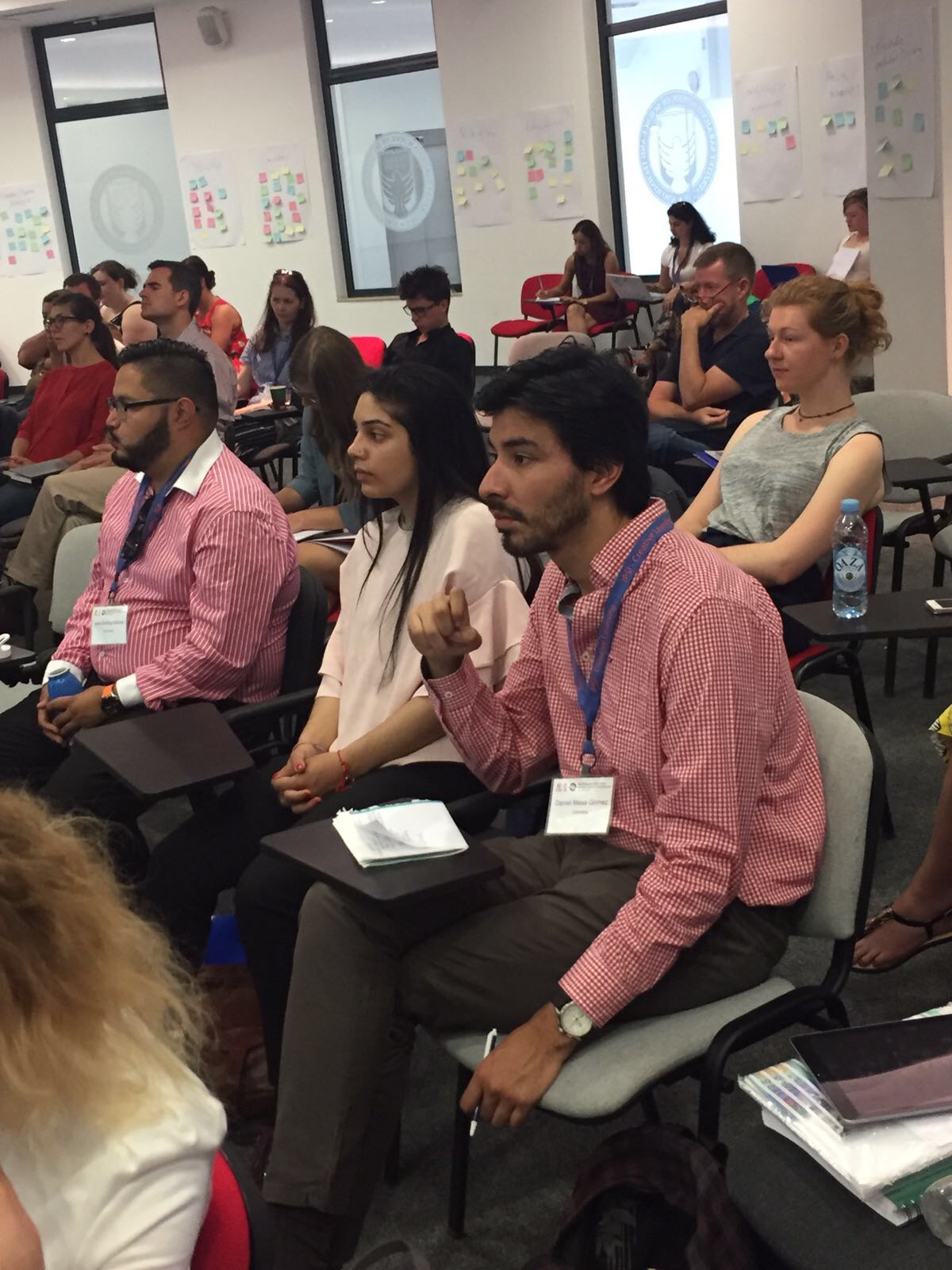By Daniel Mesa Gómez
The Disarmament, Demobilization and Reintegration (DDR) processes are strategies used in United Nations peacebuilding and peacekeeping operations, although they have begun to be used independently by states and other institutions involved in peace negotiations around of the world. To be implemented it is necessary that certain institutional, social and economic conditions are created. Therefore, reintegration is a consequence of demobilization and which is, in turn, a consequence of the disarmament of rebel groups and other illegal factions of the conflict. But what happens when one of these steps is not accomplished and is followed by peacebuilding and continues to comply with other parts of the peace agreements? The truth is that for this process to culminate successfully, it is necessary that each of these steps must be fulfilled satisfactorily and monitored according to what is agreed in the Peace Accords.

However, the ongoing peace process between the Government of the Republic of the Philippines and the Moro Islamic Liberation Front (MILF) involved a series of measures that would prevent ex-combatants from disarming and still continue the reintegration process into the civil society.
This process was accompanied by the United States government through its USAID program and sponsored by the Malaysian government in an attempt to reconcile the island of Mindanao which was long divided between Catholics and Muslims through programs of support and assistance to individuals and communities to reject the lack of laws and terrorism in the area. Driven by programs that involved all sectors of society by generating ownership of the project, creation of an institutional framework aimed at judging perpetrators of war crimes and crimes against humanity, vigorousness in permanently communicating to the community about the achievements of programs and the promotion of programs of academic and labor exchange between the communities in dispute (Muslims and Catholics), achieved such level of appropriation and acceptance of the agreement that it was not necessary for the militants of the MILF to deliver weapons as it sought to engage the parties in such way that it allowed these resources and efforts to be directed to other parts of the peace process such as the promotion of economic growth and inclusion within the Philippine productive system on the island.
It was possible to involve the Muslim youths in the political system dominated by Catholics to understand how the government and decision-making institutions functioned to introduce new generations to political apparatus, in order to represent their communities that for so long were excluded from national decision-making centers such as Congress. Similarly, the guarantors of the agreements made sure that the communities most affected by the conflict re-entrusted the ex-combatants and reintegrated them into society in such a way that it was not necessary for them to hand over their weapons that were considered a symbol of the fight for equality in the country. This was achieved through social, cultural, political and economic inclusion with development programs such as the Growth With Equity in Mindanao program (GEM) that encouraged the training of MILF members in dignified tasks and who were able to provide the sustenance necessary to have a decent life away from armed conflict.
These results could be applied in other countries. In the case of Colombia, the reintegration of the ex-combatants of the FARC is taking place after a long process of disarmament and demobilization that has found several inconveniences throughout its execution. Although weapons were already delivered, several lessons could be applied to areas most affected by the conflict. In the first place, spaces should be created in which members of the FARC have the opportunity to reconnect with the populations affected by the conflict through economic activities that allow them to live in dignity. Secondly, networks of social, cultural and political exchange should be established so that in the medium term reintegration of ex-combatants is satisfactory at different levels of society. Finally, it would be advisable to establish economic measures that allow companies to generate economic growth, including FARC members in economic activities related to the countryside and agriculture, in addition to a previous training to develop these activities. The road is arduous and complex but if done well it will not be necessary to start it again in the future.

